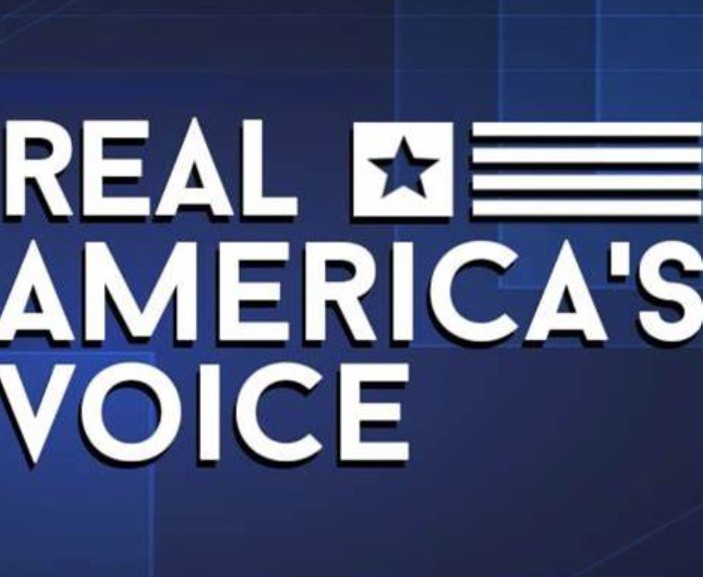Iranian Regime Continues to Defy will of People as it Toys with South African alliance
In a recent interview on Real America’s Voice, Steve Gruber spoke with Ali Safavi, a member of the Foreign Affairs Committee of the National Council of Resistance of Iran (NCRI), about the continued call for regime change in Iran, the factors that make it possible, and the new geopolitical developments involving a growing alliance between the Iranian regime and South Africa.
Safavi began by laying out the current state of affairs inside Iran, describing a regime that is politically isolated, economically bankrupt, and internally unstable. He emphasized that despite the Islamic Republic’s aggressive propaganda and repressive tactics, its grip on power is more fragile than it appears. According to Safavi, nationwide protests and strikes over the past several years, coupled with deep public resentment, have fundamentally changed the balance between the rulers and the ruled. The Iranian people’s demand for an end to clerical rule is now more widespread and irreversible than ever.
Gruber pressed Safavi on what it would take for real regime change to occur. Safavi responded that change must come from within, driven by the organized resistance inside Iran—particularly the network of Resistance Units affiliated with the NCRI and its main constituent group, the People’s Mojahedin Organization of Iran (PMOI/MEK). He argued that the key is for the international community, especially the United States, to stop legitimizing or appeasing the regime and instead recognize the Iranian people’s right to overthrow their oppressors. This includes enforcing strict sanctions, isolating the regime diplomatically, and holding it accountable for human rights abuses.
The conversation then turned to recent reports of deepening ties between Iran and South Africa. Safavi explained that this emerging partnership is not merely symbolic but part of a strategic alignment between two governments that share certain political interests, including opposition to Western pressure and cooperation in circumventing sanctions. According to Safavi, South Africa has in some cases acted as a diplomatic shield for Tehran in international forums, and the relationship could serve as a conduit for economic and military collaboration that undermines global efforts to contain the Iranian regime.
Gruber asked whether this alliance should concern the United States. Safavi answered unequivocally that it should. He said that such partnerships allow the regime to break out of its isolation, launder money, and funnel resources to its network of proxy militias across the Middle East. Safavi stressed that the South Africa–Iran connection is an example of how the regime seeks partners in the Global South to push back against Western sanctions and scrutiny.
The discussion also touched on Iran’s broader foreign policy posture. Safavi described the regime’s ongoing support for terrorist groups, destabilizing activities in the region, and increasing military cooperation with Russia and China. He said these moves are calculated to strengthen Tehran’s bargaining position while exporting instability abroad.
As for the path forward, Safavi insisted that only a complete political transformation—ending the clerical dictatorship—will bring lasting peace and security to the Iranian people and the region. He warned against half-measures that leave the regime intact but with a new facade. The NCRI’s vision, he said, is for a democratic, secular, non-nuclear republic that respects human rights and upholds gender equality.
Safavi concluded by reiterating that the Iranian people have both the desire and the capability to topple the regime if the world stops enabling it. He urged the United States and its allies to take a principled stand, not only condemning the regime’s crimes but actively supporting the organized resistance movement.
Gruber closed the segment by noting that events in Iran are moving quickly, and the days ahead may prove decisive. Safavi agreed, adding that with the regime’s internal crises deepening and its alliances shifting, the stakes have never been higher—for Iran, the region, and the world.


